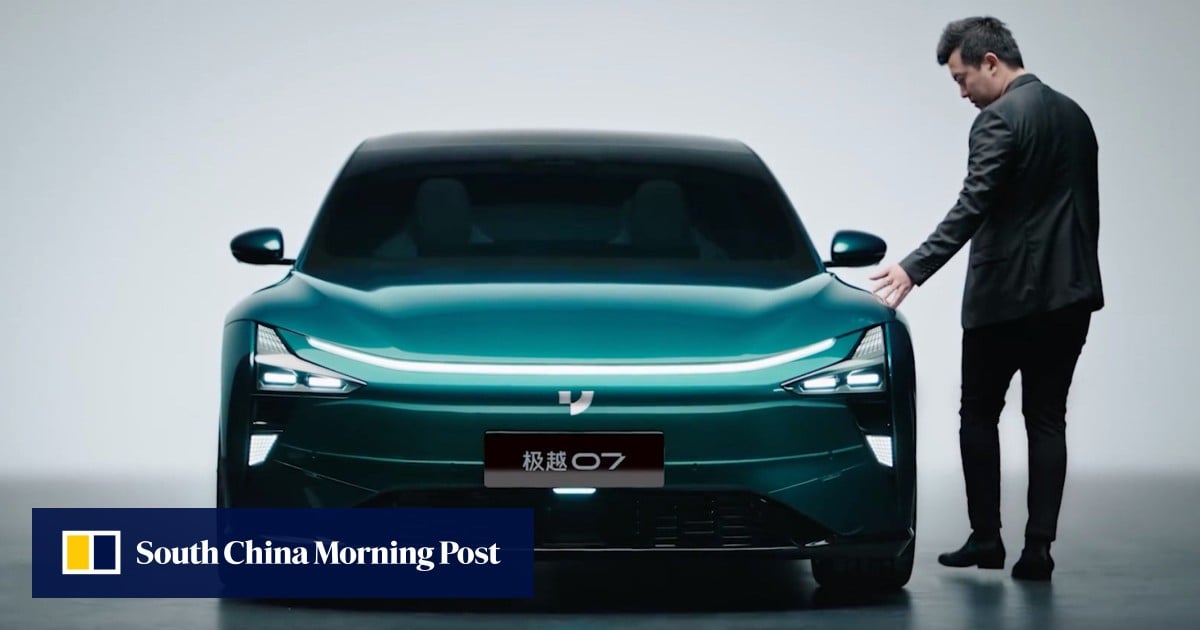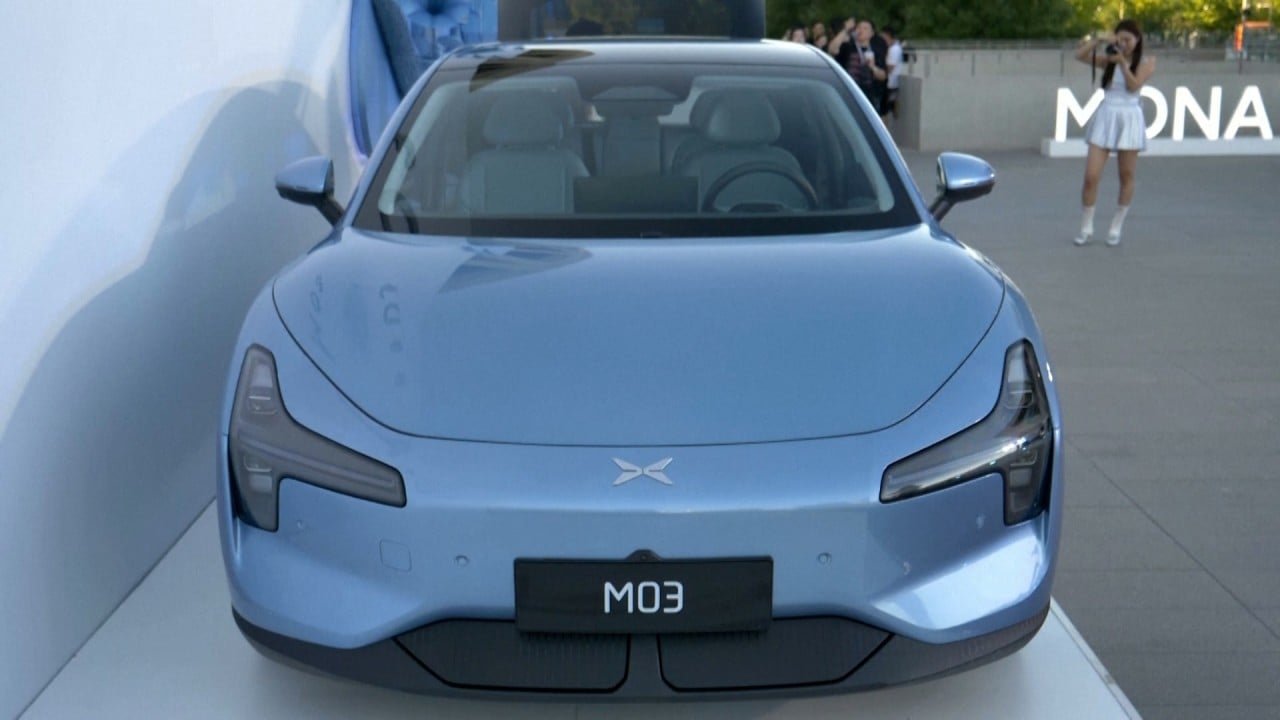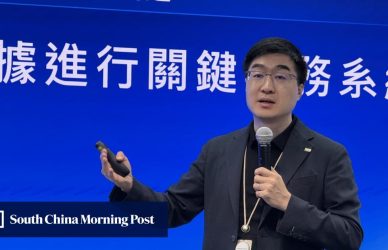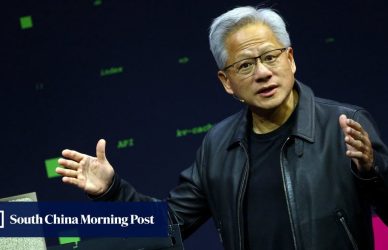Presales began on Wednesday evening. The company will unveil details of the sedan and its technologies at a launch ceremony on September 10.
“Jiyue is betting on its second production car to turn its sales around,” said Eric Han, a senior manager at Suolei, an advisory firm in Shanghai. “With advanced technologies and the support from tech behemoth Baidu, the company’s performance needs to improve given the lacklustre sales result of the Jiyue 01.”
Jiyue does not publish delivery data. It does not appear on the list of China’s top 10 EV makers by monthly sales published by the China Passenger Car Association.
The Apollo advanced driver assistance system has been developed by Baidu’s Project Apollo, one of the world’s largest and most diversified open-source self-driving alliances, established in 2017.
Last October when Jiyue began delivering the Jiyue 01 SUV, it said the Apollo system could handle most driving situations independently, matching the Level 4 (L4) standard for autonomous driving set by SAE International, a US-based association.
Beijing has yet to approve the use of L3 and higher autonomous-driving systems on mainland China’s roads, and drivers are required to keep their hands on the steering wheel at all times.
L4 autonomous driving does not require human intervention in most circumstances, but the driver still has the option to manually take control of the car. A vehicle with L3 capability allows drivers to safely take their attention off the road under certain conditions.
Jiyue is one of the few Chinese EV makers that solely focus on developing and making pure electric cars. Other rivals develop both fully electric and plug-in hybrid vehicles.
China is the world’s largest EV market, with sales of pure electric and hybrid cars accounting for about 65 per cent of the global total.
Last month, the EV penetration rate in mainland China exceeded 50 per cent for the first time, propelled by government incentives, a price war and fast-expanding charging infrastructure.











